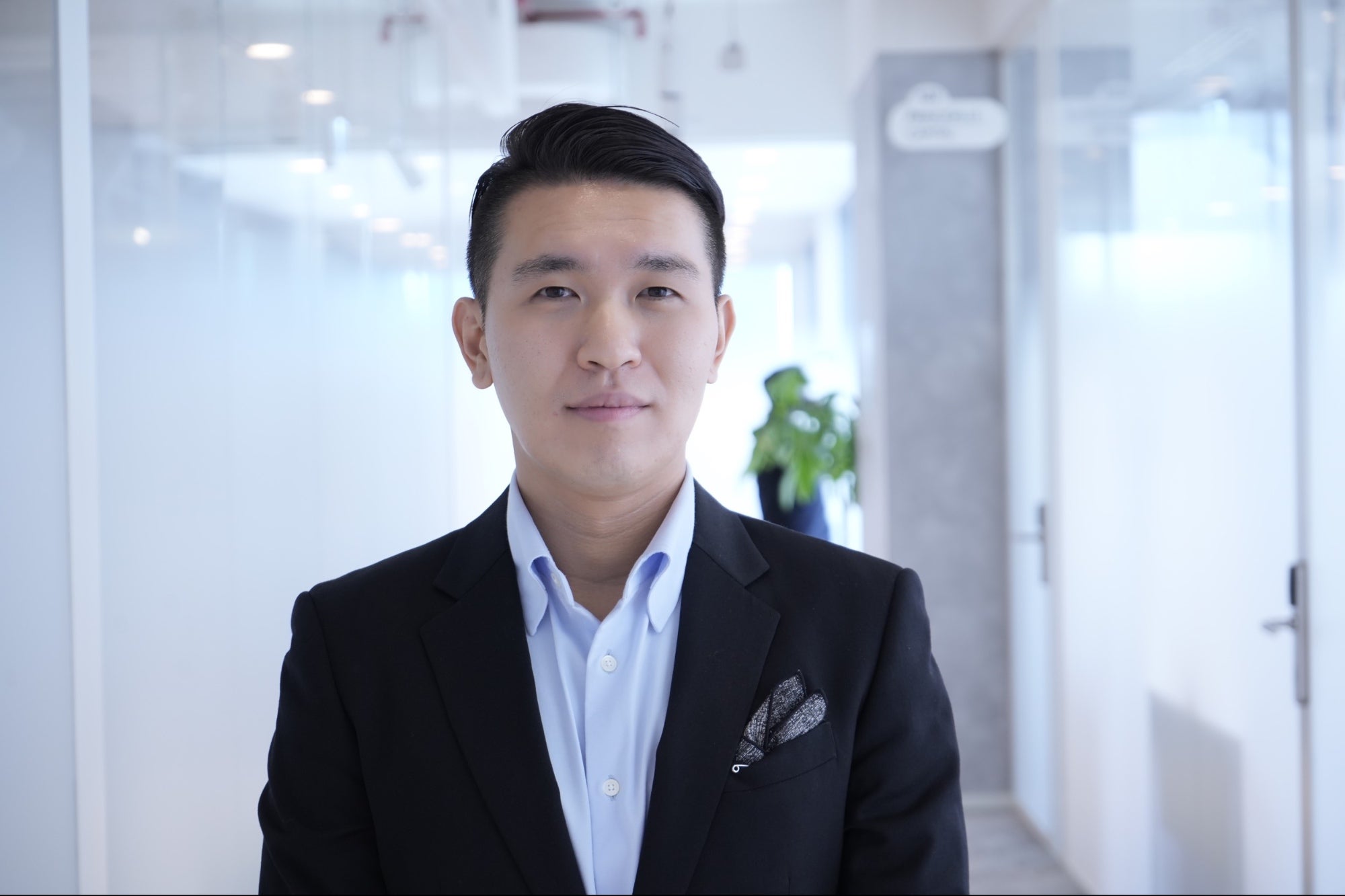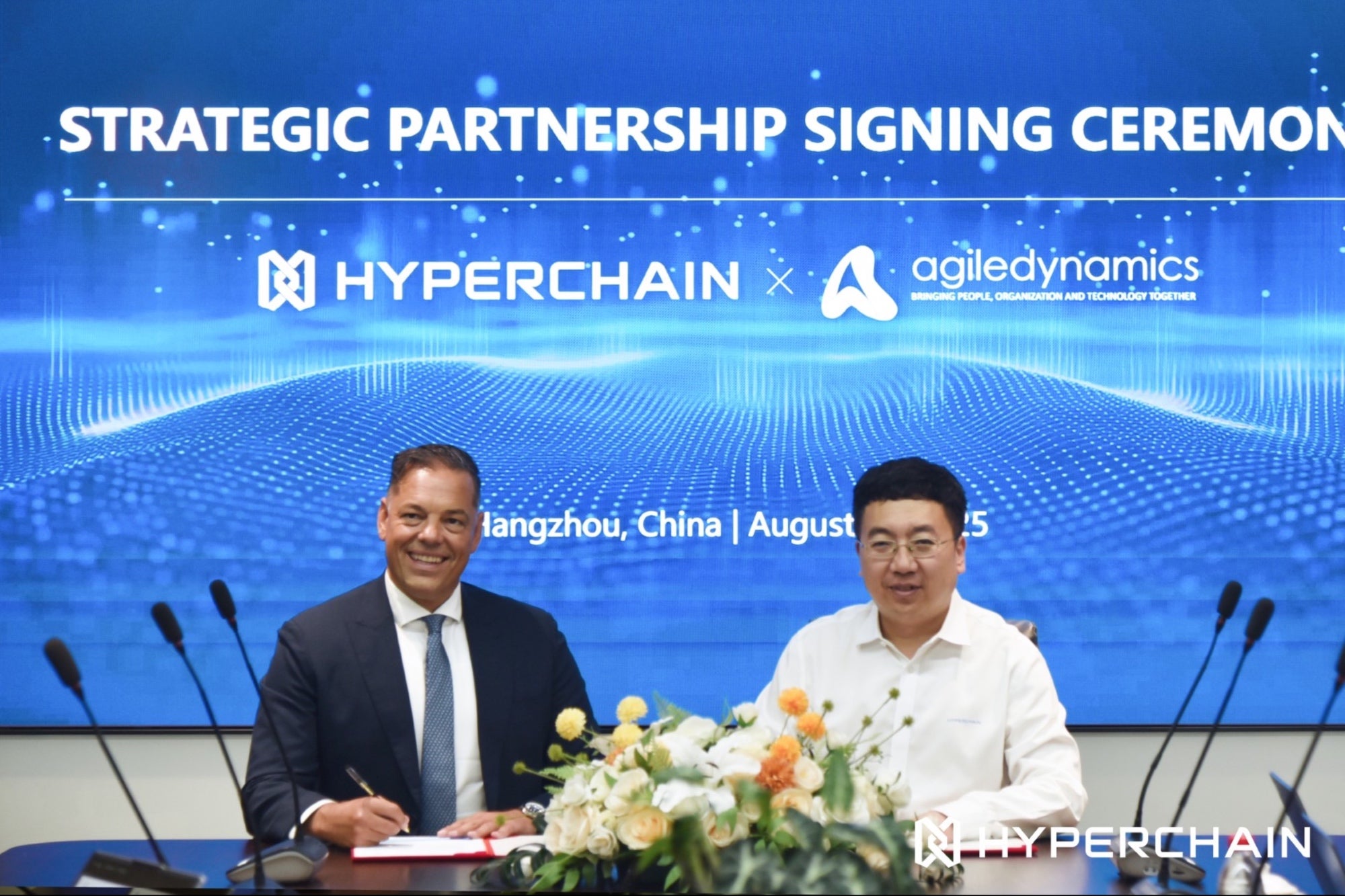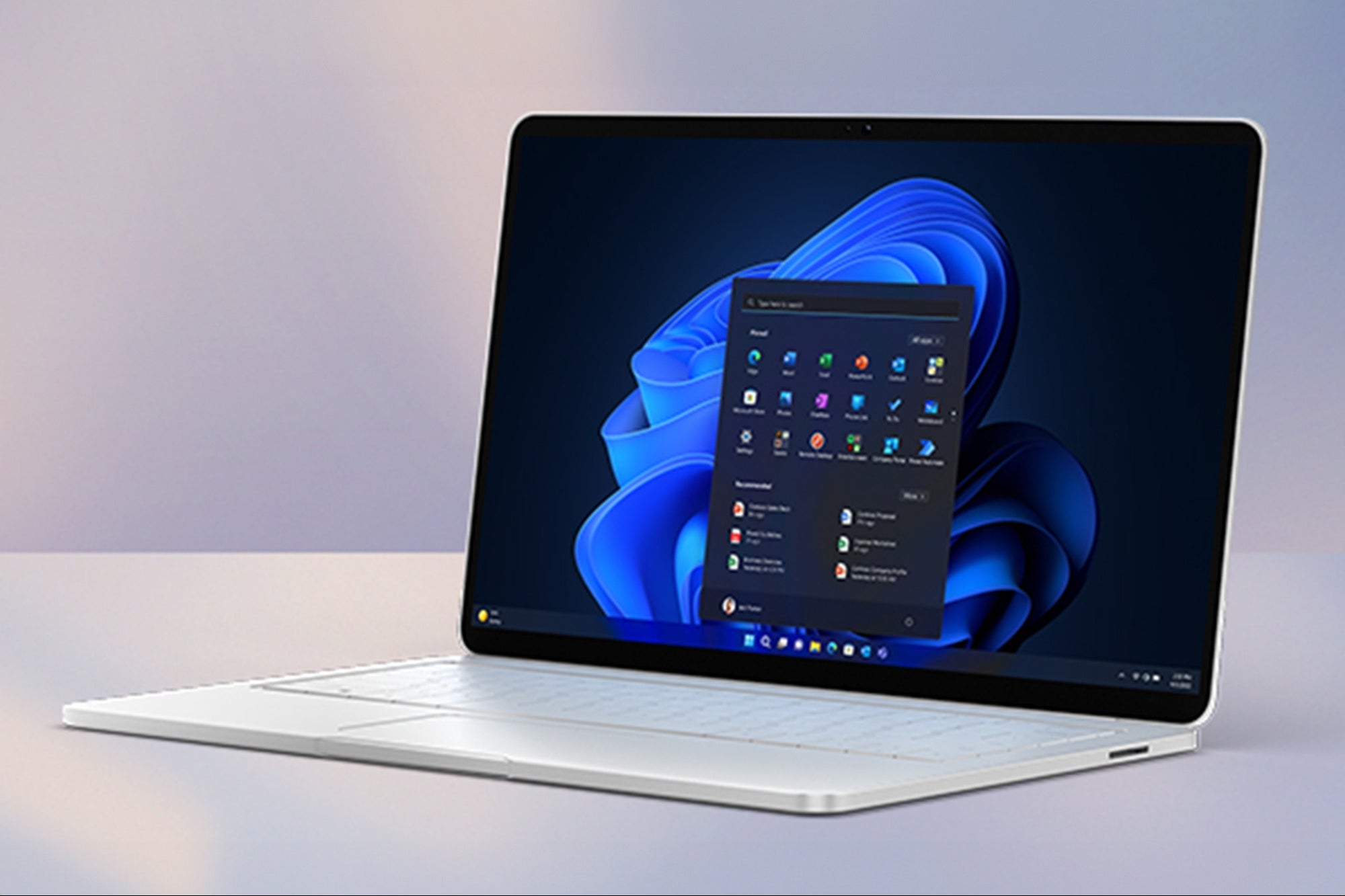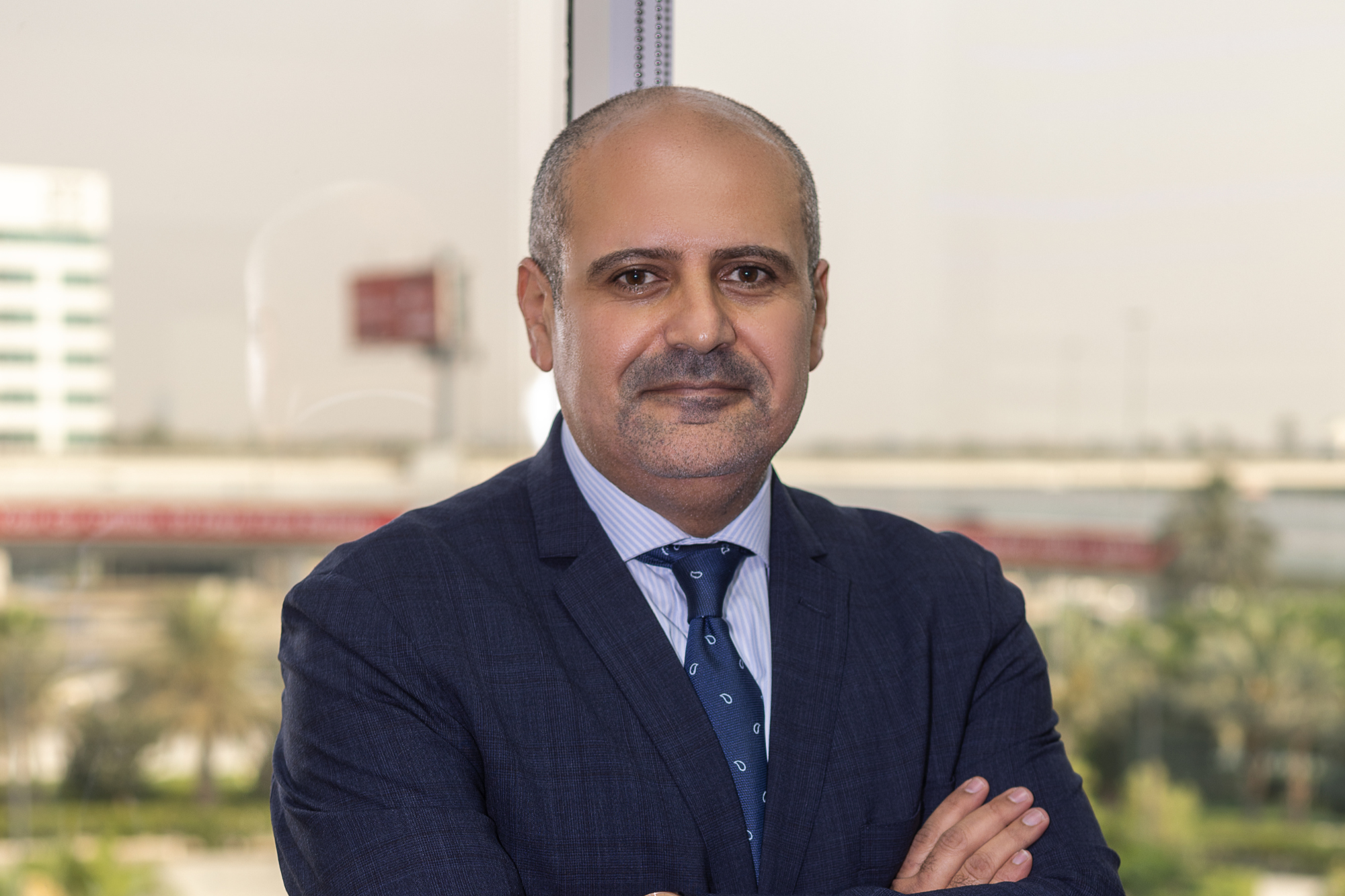Startup Funding: Shane Shin, Founding Partner, Shorooq Get fundraising and growth insights from Shane Shin, Founding Partner at Shorooq—on how to differentiate, attract investors, and scale wisely.
By Tamara Pupic
You're reading Entrepreneur Middle East, an international franchise of Entrepreneur Media.

This article is part of Startup Funding - Investor Insights Every Entrepreneur Needs by Entrepreneur Middle East - a series where the MENA region's leading venture capitalists share practical advice to help founders navigate the challenges of building and scaling a startup.
Get fundraising and growth insights from Shane Shin, Founding Partner at Shorooq—on how to differentiate, attract investors, and scale wisely.
What are the top 3 things founders should absolutely do when preparing to raise their first round?
Build the narrative, not just the numbers.
At the early stage, we don't expect a perfect model - we're looking for a clear, compelling story about why now, why you, and why this problem. Founders should be able to communicate their vision in a way that transcends slides.
Validate with velocity.
We love seeing founders who have spoken to 100+ users, tested different go-to-market strategies, and gathered real-world proof points - even before product maturity. Momentum matters more than polish.
Research your investors.
Don't send mass emails. Tailor your approach. Know which fund stage they focus on, their ticket size, and what value they add. This signals seriousness and respect for time.
What are you really looking for when evaluating early-stage startups?
We're investing at the pre-seed and seed stage, so what we're really underwriting is founder-market fit. We look for:
- A+ founders with clarity, obsession, and resilience
- A problem that hurts, with a clear wedge into a large market
- Speed of execution - have they done more with less?
At this stage, we also ask: Would we work for this founder? That's our litmus test.
Can you share a personal anecdote—either a pitch that truly impressed you, or one that missed the mark and why?
One of our portfolio companies, Lean Technologies, came to us with a clear product roadmap, a small but powerful founding team, and an obsession with solving infrastructure pain points in fintech. The deck was simple. But the founder's clarity and conviction about rebuilding open finance in MENA stood out. We led the pre-seed round, and they're now powering financial APIs across the region. On the flip side, I've seen founders with strong resumes fall flat because they couldn't articulate why this company mattered to them. Without authenticity and urgency, the pitch just doesn't land.
How should founders approach a "no"? What's the best way to build long-term investor relationships even if they don't get a cheque right away?
A "no" doesn't mean "never"- it often means "not yet." The best founders treat every interaction as part of a long game. They follow up with product updates, customer wins, and proof of progress. That builds trust. We've said no to startups, then led their next round because they executed with grit and clarity. Also: ask for feedback, not just money. That changes the nature of the relationship.
What startup sector or trend are you most excited about right now—and why?
We're incredibly bullish on AI infrastructure and applied AI, particularly solutions built from the region for the world. We're seeing founders in MENA tackling real-world problems in logistics, fintech, and education using edge AI, vertical models, and hybrid compute strategies.
As the region becomes a launchpad - not just a market - we believe MENA has the potential to create globally relevant AI companies. At Shorooq, we're backing that future with capital and conviction.











